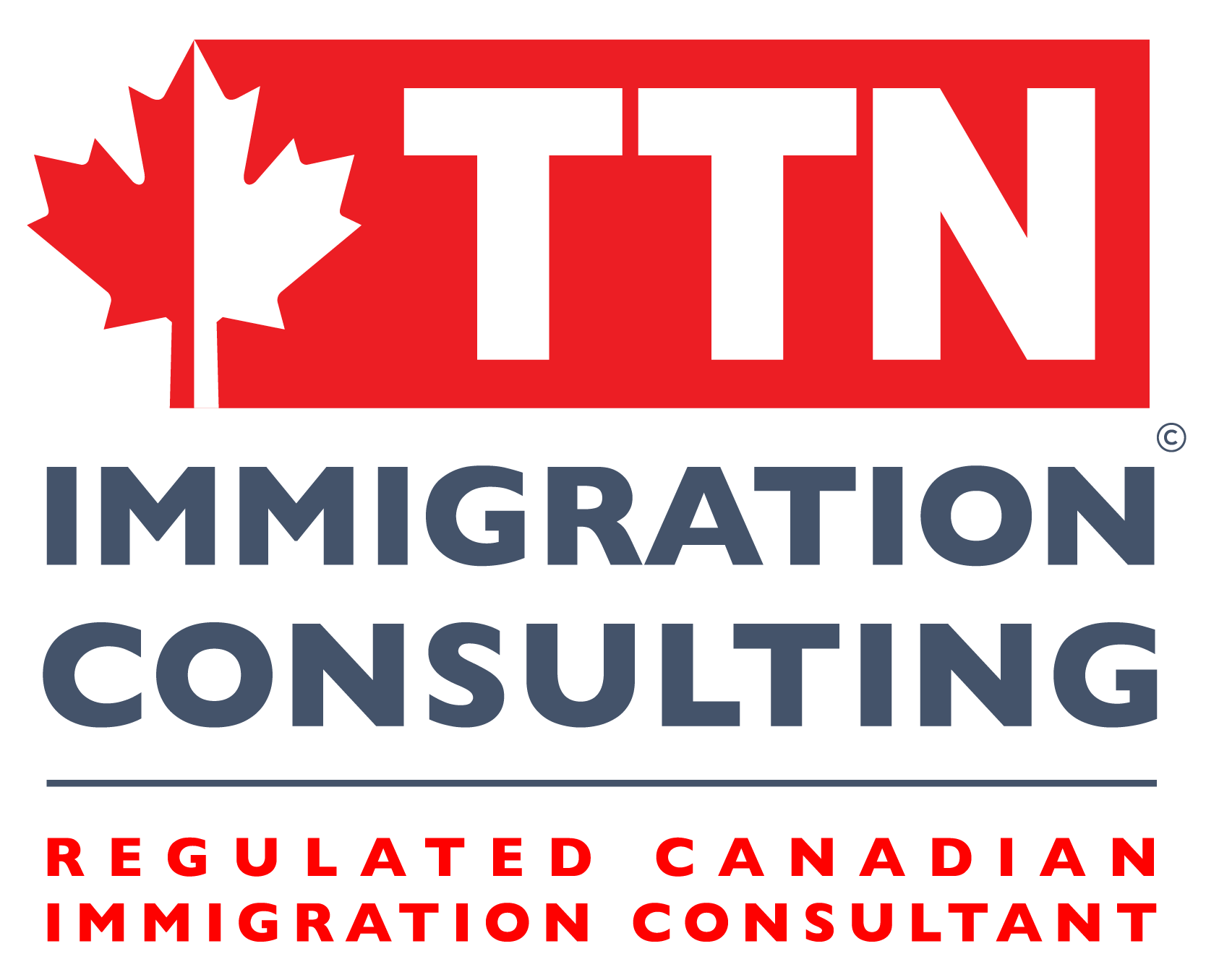Work permit
(C12/ICT Work Permit)
The Intra-Company Transfer Canada program (C12 Work Permit, or ICT Work Permit) provides opportunities for key international employees to be transferred to work at the office or branch of the company in Canada.
The Intra-Company Transfer Canada (C12 Work Permit or ICT Work Permit) streamlines the process for employees relocating from a foreign-based company to its Canadian branch. This visa is particularly attractive to global business owners expanding into Canada, fostering the exchange of senior-level or specialized-knowledge, high-skilled professionals to share expertise with Canadian subsidiaries on a temporary basis.
Qualified intra-company transferees require work permits, yet they are exempt from the Labour Market Impact Assessment (LMIA) contributing significantly to Canada's economy by transferring their skills to local businesses.
To obtain a C12 work permit, you typically need a job offer from a Canadian employer that falls under a specific exemption category. These categories may include international agreements such as NAFTA, GATS, and other special circumstances. You must submit your work permit application to Immigration, Refugees and Citizenship Canada (IRCC), along with the required documents such as a copy of your passport, photos, and certificates demonstrating your qualifications.
Note that regulations can vary based on your situation and exempt category. For accurate and up-to-date guidance tailored to your circumstances, refer to the official IRCC website or consult a professional RCIC.
What is Intra Company Transfer Canada?
The Intra Company Transfer Canada program facilitates the transfer of expertise from foreign-based professionals to Canadian businesses, offering substantial benefits to Canada. To qualify for an ICT work permit in Canada, your employer must have a presence such as a holding company, branch office, or affiliate in Canada. Applicants from any country are eligible to apply for this program, as confirmed by Immigration, Refugee, and Citizenship Canada (IRCC).
The ICT permit allows qualified foreign workers to legally work in Canada and may lead to various pathways to permanent residency.
What Does Significant Benefit Mean?
As part of the requirements for the Intra-Company Transfer Canada program, applicants must demonstrate that their work in Canada would yield "Significant Benefits." This can be shown if:
- Their efforts lead to establishing a company that benefits Canadians or the local economy.
- They have a well-documented business plan that demonstrates adherence to specific procedures for launching their business.
- They possess specific expertise or a background that enhances the likelihood of their business thriving.
ICT Work Permits Issued (2018–2023)
Year | ICT Work Permits Issued |
|---|---|
2018 | 18.977 |
2019 | 22.722 |
2020 | 9.687 |
2021 | 15.368 |
2022 | 24.249 |
2023 (from January to October) | 21.936 |
These figures include permits issued under both ICT provisions (free trade agreements and significant benefit categories)(canada.ca).
Overall Work Permits & Immigration Trends
- In 2023, IRCC issued:
- 184.008 Temporary Foreign Worker Program (TFWP) permits
- 765.262 International Mobility Program (IMP) permits (LMIA‑exempt)
- Notably, 156.580 temporary work permit holders became permanent residents in 2023—a 49% increase from 2022
- In 2024, Canada welcomed 483.591 permanent residents—the highest annual total since records began in 1972 (Statistics Canada).
Key Takeaways
- ICT permit issuance rebounded in 2022 after pandemic-related drops and remained strong through October 2023.
- The IMP (including ICTs) now accounts for the majority of temporary work permits.
- A rising number of temporary permit holders—including those on ICT permits—are transitioning to permanent residency each year.
- Canada’s permanent immigration level reached record highs in 2024.

